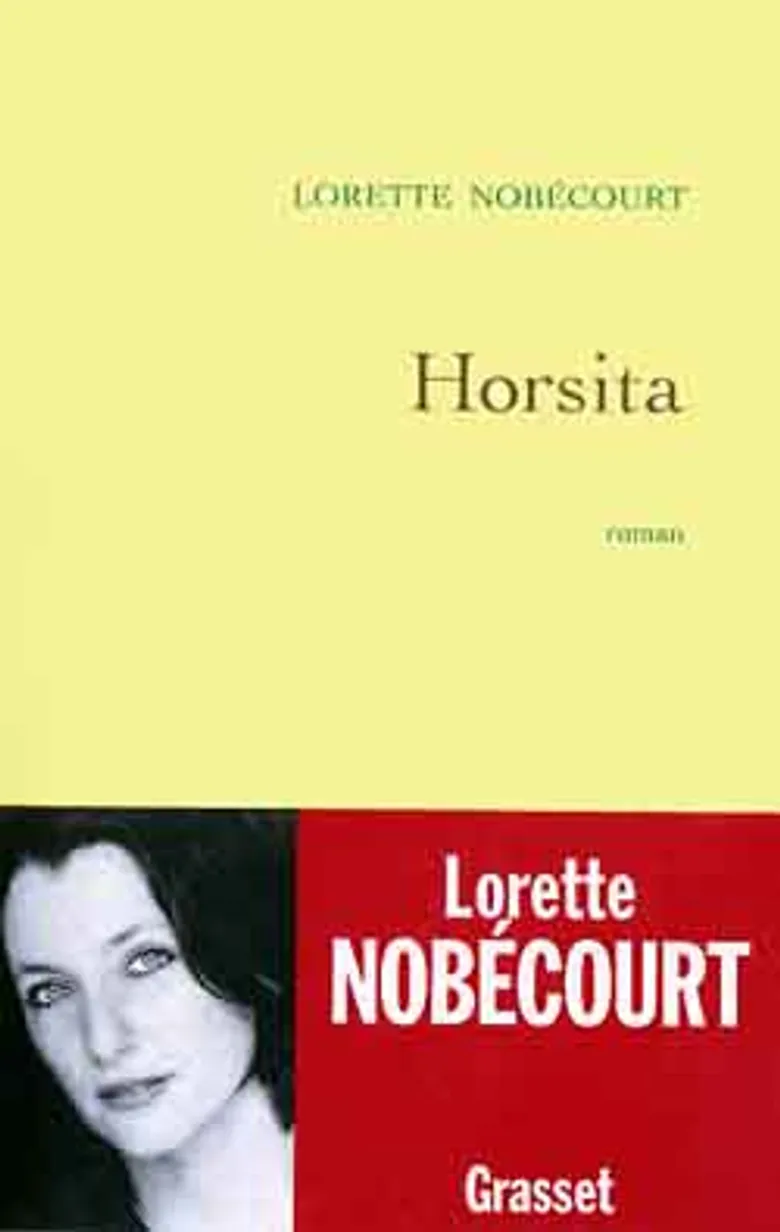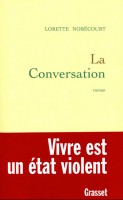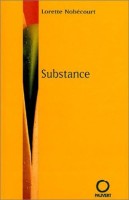
Horsita
Grasset, 1999 - Le Livre de poche, 2001 - Under the name of Lorette Nobécourt
Traduction de Narjisse Moumna
Incipit
(…) The truth is a cross. Yet I am addressing you from an abyss where words no longer do have meaning. One should not exaggerate. It was exactly Horista’s story that I wanted to relate. And Poland. Poland above it all. The father pregnant with that Poland like a brown and bloody geography. I had this mournful narrative aptitude within the Oratorio of my veins. Something was slashed in that blood of mine.
Alas, the skin of monitor lizards is as soft as that of serious burn victims. There was the last shot of the flamethrower, and then nothing. My tongue curled into my mouth like a shy pot-bellied little animal. That was the story I wanted to tell: Horsita was lying naked at the end of the corridor.
Back cover
His father was twenty years old back in 1940. He collected toy soldiers. He liked the ordered beautiful neighbourhoods. He had a knife sleeping in its black leather sheath. But where were the shameful secrets of war hiding?
Hortense, his daughter, has “beige eyes, wet eyes, the large beige eyes that are exhausted with nerves and wet with clear water”. Hortense seeks the truth about her father. She searches the past, she asks questions to her relatives. Is he innocent? Is he a victim? Is he guilty? if yes, of what atrocity? How to express it? What if he was, like the rest of us, a mixture of all this at the same?
Made out of bounces and doubts, supplications and shouts, acts of violence and caresses, laughter and tears, that investigative novel is written in a rough language. Lorette Nobécourt settles her accounts. With herself. With memory. With the barbarism of the camps. With language that is no longer enough “for those afterwards.”
This is the book of a daughter’s helpless love for her father.

